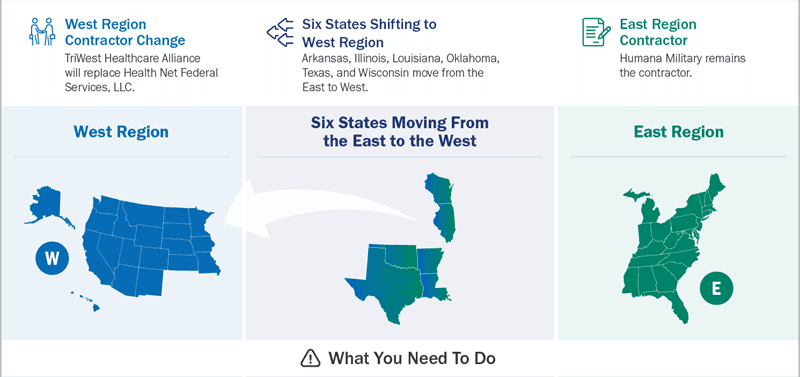Nov 22, 2024
|
4
min read
As we approach 2025, healthcare executives and practice managers are navigating a landscape marked by rapid technological advancements, evolving patient expectations, and complex regulatory environments. To thrive in this dynamic setting, it's crucial to identify and address the top challenges head-on.
1. Workforce Shortages and Burnout
The healthcare sector continues to grapple with significant workforce shortages, particularly among nurses and specialized practitioners. This scarcity not only strains existing staff but also impacts patient care quality.
Strategies to Address:
Invest in Workforce Development: Implement comprehensive training programs and career advancement opportunities to attract and retain talent.
Leverage Technology: Adopt AI-driven scheduling and telemedicine solutions to optimize staff workloads and reduce burnout.
Promote Well-being: Establish support systems focusing on mental health and work-life balance to enhance job satisfaction.
According to a 2024 report by the American College of Healthcare Executives, workforce challenges remain a top concern for hospital CEOs, underscoring the need for effective strategies in this area.
2. Financial Pressures and Cost Management
Rising operational costs, coupled with reimbursement challenges, are squeezing healthcare budgets, necessitating innovative financial strategies.
Strategies to Address:
Adopt Value-Based Care Models: Shift focus from volume to value, emphasizing patient outcomes to improve efficiency and reduce costs.
Enhance Revenue Cycle Management: Utilize advanced analytics to streamline billing processes and minimize claim denials.
Explore Strategic Partnerships: Engage in mergers or collaborations to achieve economies of scale and share resources.
A recent article in Modern Healthcare highlights the importance of modernizing revenue cycle management and pursuing strategic partnerships to maintain financial health.
3. Technological Integration and Cybersecurity
The rapid adoption of digital health technologies brings both opportunities and challenges, particularly concerning data security and system interoperability.
Strategies to Address:
Implement Robust Cybersecurity Measures: Regularly update security protocols and conduct staff training to protect against cyber threats.
Ensure System Interoperability: Invest in platforms that facilitate seamless data exchange across different healthcare systems.
Stay Informed on Emerging Technologies: Keep abreast of advancements like AI and telehealth to enhance patient care and operational efficiency.
Forrester's 2025 healthcare predictions emphasize the need for healthcare organizations to prioritize cybersecurity enhancements and invest in generative AI technologies to improve customer experiences and manage rising costs.
4. Regulatory Compliance and Policy Changes
Navigating the complex and ever-changing regulatory landscape requires vigilance and adaptability.
Strategies to Address:
Stay Updated on Policy Developments: Regularly monitor changes in healthcare laws and regulations to ensure compliance.
Engage in Advocacy: Participate in industry groups to influence policy decisions and stay informed about upcoming changes.
Develop Compliance Programs: Establish internal teams dedicated to overseeing adherence to regulations and implementing necessary adjustments.
McKinsey & Company's insights suggest that senior healthcare executives will need to educate their boards, leadership teams, and employees about regulatory changes and drive adoption of new processes.
5. Patient Engagement and Experience
Modern patients expect personalized, convenient, and transparent care experiences, making patient engagement a critical focus.
Strategies to Address:
Leverage Digital Tools: Utilize patient portals, mobile apps, and telehealth services to enhance accessibility and communication.
Personalize Care Plans: Incorporate patient preferences and feedback into care strategies to improve satisfaction.
Enhance Transparency: Provide clear information about treatment options, costs, and outcomes to build trust.
Athenahealth's 2025 healthcare predictions highlight the importance of adopting digital tools and personalized care approaches to meet evolving patient expectations.
Addressing these challenges requires a proactive and strategic approach. Partnering with experts like Mobius Healthcare Solutions can provide tailored strategies and innovative solutions to navigate the complexities of the healthcare landscape effectively.
How Mobius Healthcare Solutions Can Help
At Mobius Healthcare Solutions, we specialize in empowering healthcare executives and practice managers to overcome these challenges with ease and confidence. Our concierge-level Revenue Cycle Management (RCM) services streamline billing, denial management, and aged claims recovery, ensuring financial stability and freeing your team to focus on patient care. Beyond RCM, we offer customized analytics to provide actionable insights, compliance audits to keep you ahead of regulatory changes, and patient engagement solutions to elevate the care experience. With tailored strategies and a commitment to excellence, Mobius is your trusted partner in building a resilient, efficient, and patient-focused healthcare organization.
Ready to tackle 2025's challenges with confidence? Let Mobius Healthcare Solutions help you focus on what matters most—delivering exceptional care. Contact us today to learn how we can transform your healthcare operations!


